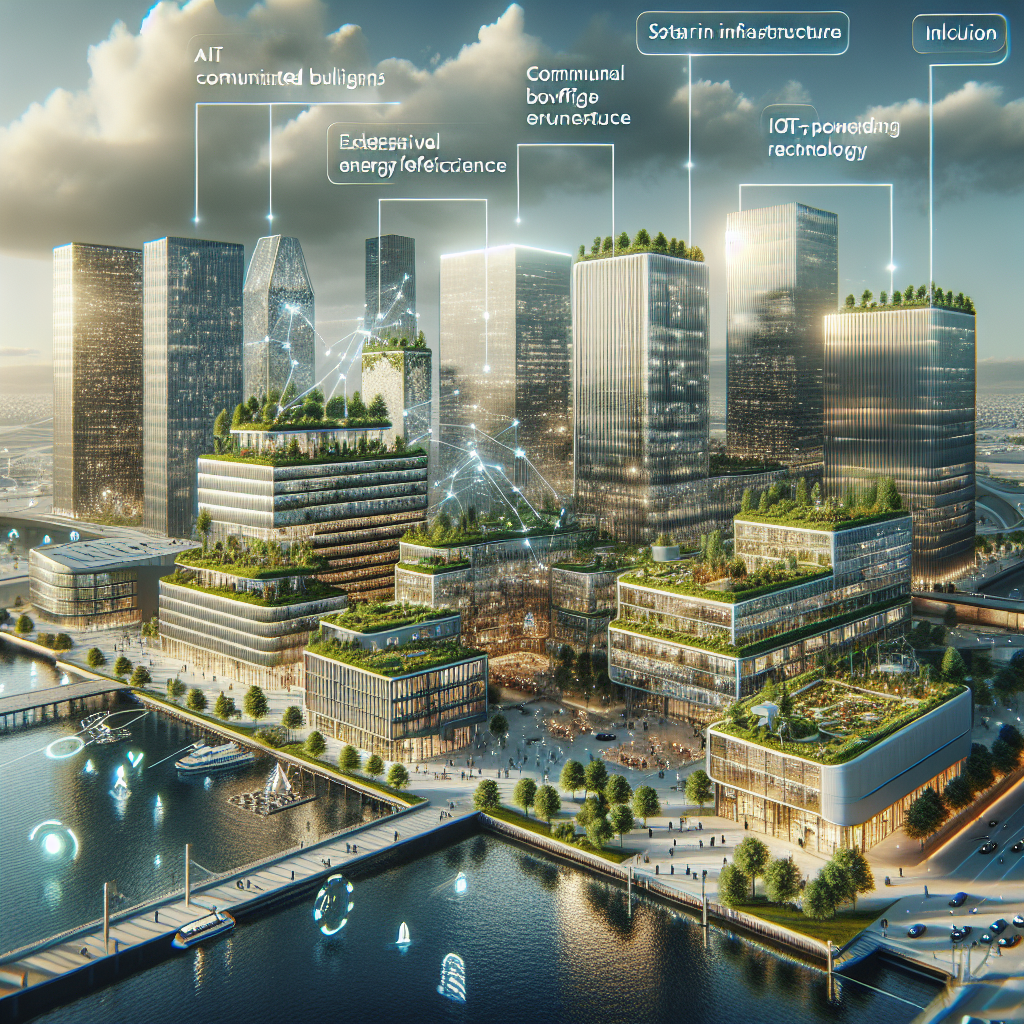
2025 Commercial Real Estate Outlook - Insights and Trends

The 2025 commercial real estate sector faces major transformation, with sustainability, flexible spaces, and technology driving change. As market dynamics evolve, stakeholders must embrace innovation and enhanced adaptability to thrive in a challenging yet opportunity-filled landscape.
The 2025 commercial real estate landscape appears poised for transformation, as evolving economic conditions, technological advancements, and shifting societal priorities redefine the sector. A blend of challenges and opportunities will shape decision-making for stakeholders including investors, developers, and tenants. Trends indicate a strong focus on sustainability and smart infrastructure amid ongoing urbanisation and climate concerns. Technologies such as artificial intelligence, Internet of Things (IoT), and blockchain are expected to play pivotal roles in optimising efficiency and addressing evolving client preferences.
The pursuit of sustainable real estate is no longer a niche goal but a necessity. Stakeholders are recognising the importance of environmentally conscious buildings not just for regulatory compliance, but as a means of value generation and risk mitigation. Sustainable design, energy-efficient systems, and circular construction practices are becoming defining features of new real estate projects around the globe. Retrofitting older buildings with green technologies also forms a critical part of the transformation, driven by growing demand from both tenants and investors seeking transparency and accountability concerning carbon footprints.
Urban centres are evolving, with flexible working arrangements continuing post-pandemic. Many companies are rethinking traditional office spaces, blending in hybrid models that merge remote and in-office work. This creates demand for innovative, multifunctional spaces that not only maximise cost efficiency but are also designed to improve user experiences. The influence of coworking spaces is likely to persist, alongside increased demand for high-quality, adaptable amenities within commercial properties.
Advances in technology are reshaping the logistical and operational frameworks of real estate. Artificial intelligence is projected to enhance data analytics, yielding insights on consumer preferences and market trends. IoT-enabled buildings will streamline operations and provide real-time insights into energy consumption, safety, and maintenance. Blockchain, meanwhile, is being considered for lease agreements, simplifying administrative processes while ensuring transactional security and transparency.
Despite signs of opportunity, stakeholders in the commercial real estate sector must prepare for potential uncertainties. Economic challenges, including inflationary pressures and interest rate fluctuations, could impact construction costs and financing. Furthermore, geopolitical tensions and evolving regulatory landscapes may introduce unpredictable variables in global and regional markets. Those organisations that adopt a forward-thinking and adaptable mindset, leveraging technology, and sustainability, will likely emerge more resilient amid these changes.
In conclusion, the outlook for 2025 commercial real estate suggests a dynamic environment underpinned by innovation and the critical need for sustainability. Industry participants will need to navigate a complex mixture of challenges and opportunities, keeping adaptability and modernisation at the forefront of their strategies.